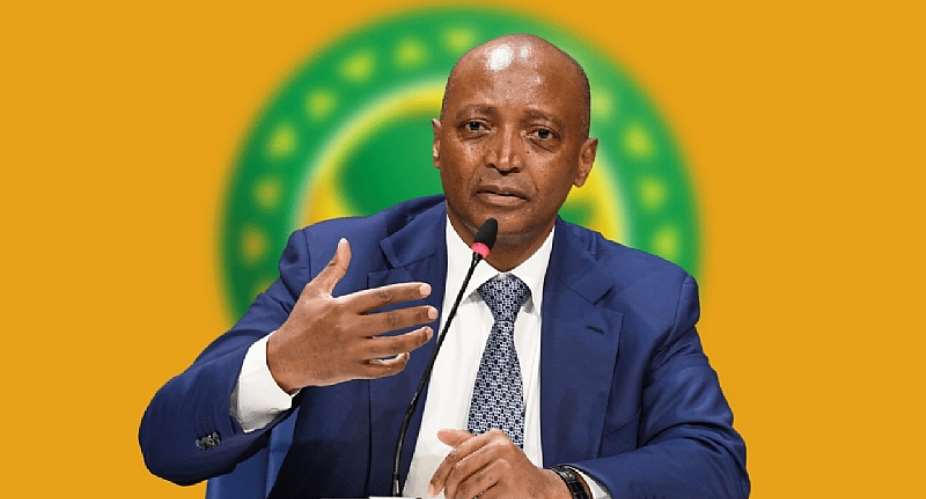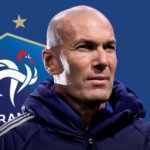Tensions surface as CAF leadership appointments spark controversy in Accra(Ghana)

The Confederation of African Football (CAF) executive committee ratified a series of major appointments during its first meeting since Patrice Motsepe’s re-election as president, amid allegations of external influence and internal tensions.
At the gathering held in Accra alongside the U15 African Schools Championship, CAF validated the selection of its five vice-presidents and key committee chairs.
However, the decisions, heavily influenced by FIFA President Gianni Infantino according to insiders, have drawn sharp criticism for breaking with established traditions.
Fawzi Lekjaa, president of the Royal Moroccan Football Federation, was named CAF’s first vice-president, replacing Senegal’s Augustin Senghor.
Lekjaa’s elevation — despite being elected through FIFA rather than CAF — marks an unprecedented shift in the body’s modern history.
“Vice-president roles were traditionally reserved for CAF-elected executive members, not FIFA Council members,” observed one source familiar with the organisation’s dynamics.
Other African FIFA Council members such as Egypt’s Hany Abou Rida, Niger’s Djibrilla Hima Hamidou, Comoros’ Kanizat Ibrahim, Mauritania’s Ahmed Yahya, and Djibouti’s Souleymane Waberi were not similarly promoted, a move that stirred resentment among the ranks.
Meanwhile, three newly elected CAF Executive Committee members have been named junior vice-presidents.
Bestine Kazadi of the Democratic Republic of Congo takes the fourth vice-presidency, Mozambique’s Feizal Sidat was appointed fifth vice-president, and Ghana’s Kurt Okraku secured the second vice-presidency.
Gabon’s Pierre-Alain Mounguengui was selected as third vice-president and also entrusted with leading the CHAN Organizing Committee.
Mounguengui’s appointment is particularly controversial given his previous legal troubles, during which CAF Secretary General Veron Mosengo-Omba reportedly lobbied for him behind the scenes.
Some committee members had earlier pushed for Mounguengui to be made first vice-president before the FIFA Council intervened.
Sources at the meeting revealed that Motsepe openly acknowledged FIFA’s role in shaping the new leadership, stating, “I spoke with FIFA President Gianni Infantino, who recommended or advised me on these names.” One committee member, speaking anonymously, lamented, “We must face the facts, we are not free to do what we want. It’s sad but it’s the harsh reality.”
The restructuring has also reignited concerns over regional imbalance.
Critics note that with Motsepe from COSAFA, and both Kazadi and Mounguengui hailing from UNIFFAC, regions such as CECAFA and UFOA remain unrepresented at the vice-presidential level — an outcome many see as a missed opportunity for equitable geographic distribution.
Additionally, CAF confirmed the co-option of two new executive members: Ethiopia’s Esayas Jira Bosho, and Ivory Coast’s Yacine Idriss Diallo. Both will serve for a two-year term under Article 22, paragraph 11 of the CAF statutes.
Diallo’s inclusion follows Ivory Coast’s successful hosting of the 2023 AFCON, despite political friction after his unsuccessful FIFA Council bid.
As CAF navigates its new leadership landscape, the influence of FIFA and emerging regional disparities threaten to deepen internal divisions across the African footballing community.




